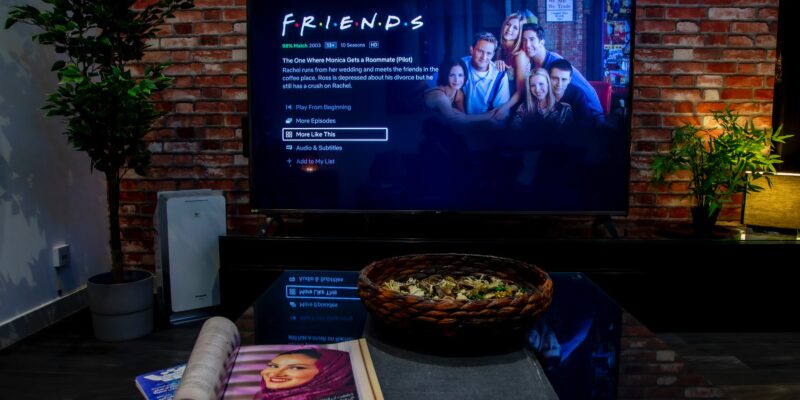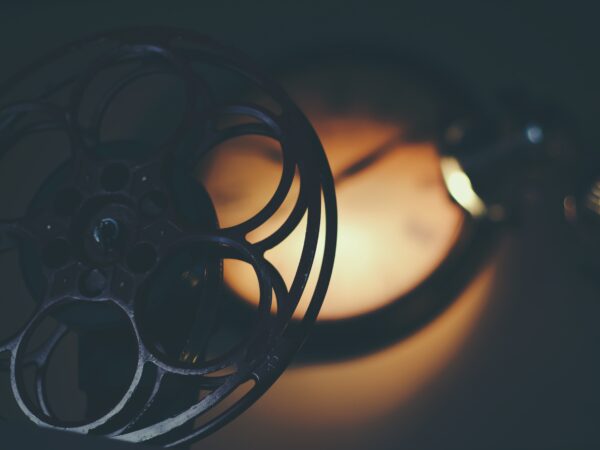In the early 1900s, people were entertained by vaudeville shows, silent movies, and circus performances. However, with the rapid evolution of technology, the entertainment industry has undergone a remarkable transformation over the years.
The rise of television, the internet, and social media has revolutionized the way people consume entertainment today. In this article, we will take a comprehensive look at the evolution of entertainment and how it has changed over the years.
Entertainment Through the Decades:
The 1920s – 1940s:
During the 1920s, the film industry boomed, and silent movies were the primary form of entertainment. Then in 1927, the first “talking” film, The Jazz Singer, was released, marking the beginning of a new era in cinema. The rise of radio also played a significant role in the entertainment industry during this time, with radio dramas and music broadcasts attracting large audiences.
In the 1930s, the “Golden Age of Hollywood” began, and movies became more elaborate and glamorous. The rise of animation also began during this era, with Walt Disney Studios becoming a pioneer in the field.
The 1940s saw the rise of television, with the first commercial TV station, NBC, launching in 1941. TV shows such as The Ed Sullivan Show, I Love Lucy, and The Honeymooners became popular, and families would gather around the TV set for entertainment.
The 1950s – 1970s:
The 1950s saw the introduction of rock and roll music, along with the birth of the “teenager” as a distinct demographic. Drive-in movie theaters also became popular during this time, adding a new dimension to film entertainment.
In the 1960s, the counterculture movement brought about a wave of new entertainment, including psychedelic rock music, experimental films, and avant-garde theater. Television also saw a shift, with shows like The Twilight Zone and Star Trek depicting science fiction themes and ideas.
The 1970s had a mix of old and new entertainment. Disco music, blockbuster movies like Star Wars, and TV shows like Charlie’s Angels ruled the entertainment scene. The introduction of video games, such as Pong and Space Invaders, also marked the beginning of a new era in interactive entertainment.
The 1980s – 1990s:
The 1980s were characterized by a mix of exciting new technological advancements and a return to classic entertainment. The introduction of MTV brought about a new era of music videos, and blockbuster films like E.T. and Ghostbusters became instant classics. The rise of home video players, such as VHS, also allowed people to watch movies at home, leading to the decline of the drive-in movie theater.
The 1990s saw the rise of cable TV, with channels like CNN and MTV becoming household names. Family sitcoms, such as Full House, The Fresh Prince of Bel-Air, and Friends, were also popular during this era.
The 2000s – Present Day:
The turn of the century marked a significant shift in the entertainment industry, with the introduction of the internet and social media. The rise of online streaming platforms, such as Netflix and Hulu, allowed consumers to watch their favorite movies and TV shows on demand.
Social media platforms like Facebook, YouTube, and Twitter made it easier for people to share their own content and connect with others who share similar interests. As a result, the entertainment industry has become more diverse and inclusive, with content such as vlogs, podcasts, and web series taking off.
Additionally, technology has brought about new forms of entertainment. Virtual reality gaming, drone racing, and esports have all become popular forms of entertainment, appealing to a new generation of tech-savvy consumers.
The Future of Entertainment:
As technology continues to evolve, it is likely that the entertainment industry will continue to be transformed. Augmented reality, artificial intelligence, and 5G connectivity are just some of the developments that will shape the future of entertainment.
One of the biggest shifts in the future of entertainment is likely to be the rise of personalized content. With data analytics, content creators will be able to tailor their offerings to individual consumers, creating a more personalized experience.
Conclusion:
The entertainment industry has undergone evolution and remarkable change over the years, driven by technological advancements and changes in consumer behavior.
As technology continues to evolve, we can expect further changes in the future, leading to an even more diverse and innovative world of entertainment.











